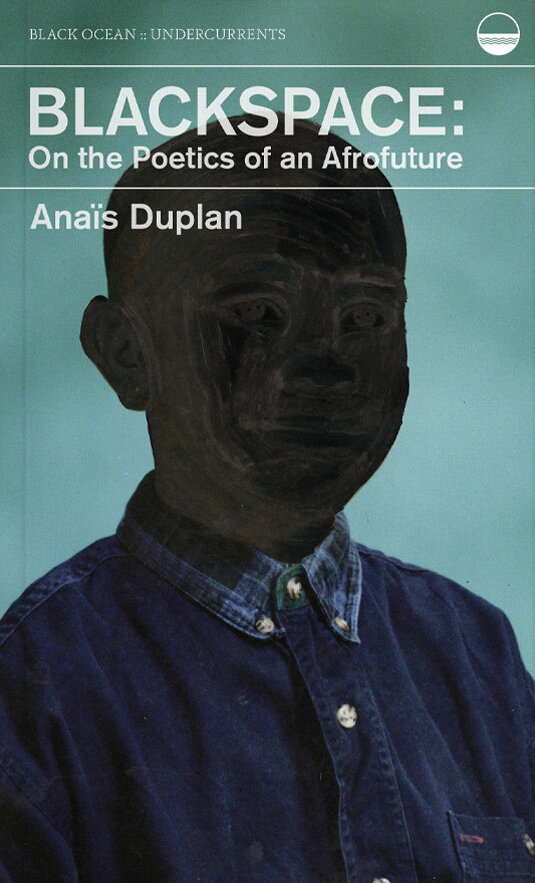tidal networks of black people cross the roada Walgreens and pizzeria we followas they walk time-markeddowntown area, early computersWelcome to Chicago. It could beNew York, Cleveland, Detroit—in each, sections where only black peoplelive like this. “Sapphire,” or the many women who represent her, changes into a suit in an alleywayin a blonde wig hides from sightfrom behind a wallfrom TV and radiothe first black male, close up, melted down, he is brushing his hair.there are things that are factsbecause nothing makes senseotherwise a part of youwill always remember thetransgression, inevitable buildings, bold movements at a table as man asks, “is it safe?”“Have you ever received a call onyour wrist?” She gets dressedin bathroom——since Sapphirecame to London, she learnedto pass for white. The first Negroof high school age to enter a schoolafter it had been integrated, many whitesshouting epithets she refuses to sayanything to the reporter (14:00) title: open spaces——black womanas white man says what’s important is for the space to feel closed
Leah Gilliam, Sapphire and the Slave Girl, 1995, 18:20
Feature Date
- March 23, 2021
Series
Selected By
Share This Poem
Print This Poem
“Leah Gilliam, Sapphire and the Slave Girl, 1995, 18:20” from BLACKSPACE: ON THE POETICS OF AN AFROFUTURE by Anaïs Duplan
Published by Black Ocean 2020.
Copyright © 2020 by Anaïs Duplan.
All rights reserved.
Reproduced by Poetry Daily with permission.

Walid Mohanna
Anaïs Duplan is a trans* poet, curator, and artist. He is the author of a book of essays, Blackspace: On the Poetics of an Afrofuture (Black Ocean, 2020), a full-length poetry collection, Take This Stallion (Brooklyn Arts Press, 2016), and a chapbook, Mount Carmel and the Blood of Parnassus (Monster House Press, 2017). He has taught poetry at the University of Iowa, Columbia University, Sarah Lawrence College, and St. Joseph’s College.
His video works have been exhibited by Flux Factory, Daata Editions, the 13th Baltic Triennial in Lithuania, Mathew Gallery, NeueHouse, the Paseo Project, and will be exhibited at the Institute of Contemporary Art in L.A in 2021.
As an independent curator, he has facilitated curatorial projects in Chicago, Boston, Santa Fe, and Reykjavík. He was a 2017-2019 joint Public Programs fellow at the Museum of Modern Art and the Studio Museum in Harlem. In 2016, he founded the Center for Afrofuturist Studies, an artist residency program for artists of color, based at Iowa City’s artist-run organization Public Space One. He works as Program Manager at Recess.

Boston, Massachusetts
“It would be a gift to read the brilliance of Blackspace in any season, but it feels especially thrilling now. This is futuristic work — work that doesn’t just serve as a reminder that there will be black people in the future, but work that mines for an understanding of what that future will look like. In form, in shape, in language, and in endless vision.”
—Hanif Abdurraqib
“Duplan skillfully models radical listening in the relationship he cultivates between the text and its audience, prompting us to reimagine our interactions with artistic tradition and our lives in language.”
—Ploughshares
Poetry Daily Depends on You
With your support, we make reading the best contemporary poetry a treasured daily experience. Consider a contribution today.



